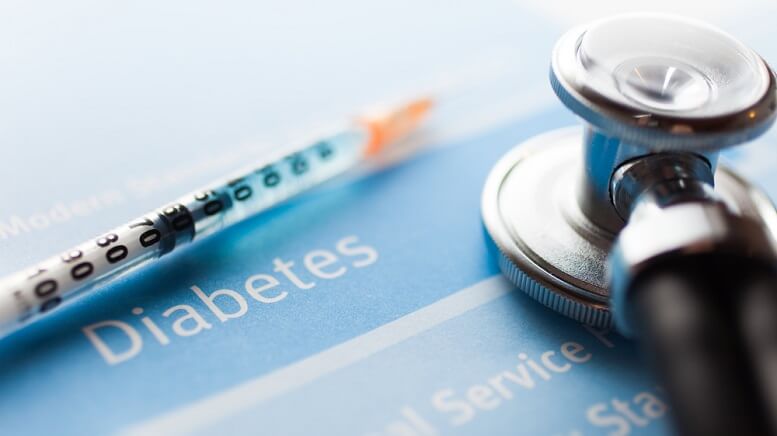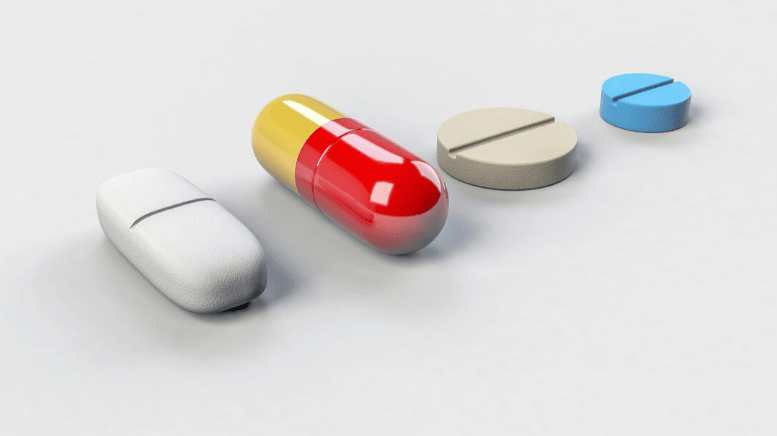More than 71 million Americans suffer from high levels of low-density lipoprotein (LDL) cholesterol. High LDL cholesterol increases the buildup of plaque in your arteries, leading to a heightened risk of heart disease. According to the CDC, heart disease – a condition that often causes a heart attack or stroke – is responsible for more than 610,000 deaths in the United States every year.
To treat high LDL cholesterol, doctors typically prescribe statins – a type of drug that obstructs LDL cholesterol production. Although they are highly effective, statins have a range of uncomfortable side effects, including muscle pain, indigestion, and disrupted concentration. Because of these side effects, it is estimated that 10-15 percent of patients end their statin prescription early.
Fortunately, a new type of drug may soon be available as a low-impact alternative to statins. The new drug, bempedoic acid, targets ATP citrate lyase – a key enzyme in the bio-chemical pathway for LDL cholesterol production. Unlike statins, bempedoic acid is only active in your liver cells, decreasing the chance of muscular side effects.
Related Topics (Ads):
Although it is an effective standalone alternative to statins, bempedoic acid appears to work best when used alongside low-level statin therapy. In fact, a three-month study published by The New England Journal of Medicine found that, on average, patient LDL levels dropped by 18 percent when bempedoic acid was used in addition to statins. The encouraging results of this drug trial, which involved a total of 2,230 participants, will likely lead to longer-term clinical testing.

In an interview with NBC News, the lead author of the study, Dr. Kausik Ray, spoke about the value of having multiple treatment options for high cholesterol. “We’ve got a number of different studies now that have shown that it looks to be yet another really good option,” said Dr. Ray. “Doctors like options because patients don’t fit one size, so it gives us an option for people with an unmet need.”
Future bempedoic acid trials will likely test for a correlation between reduced LDL cholesterol and a lower rate of heart attacks and strokes.
Related Topics (Ads):










